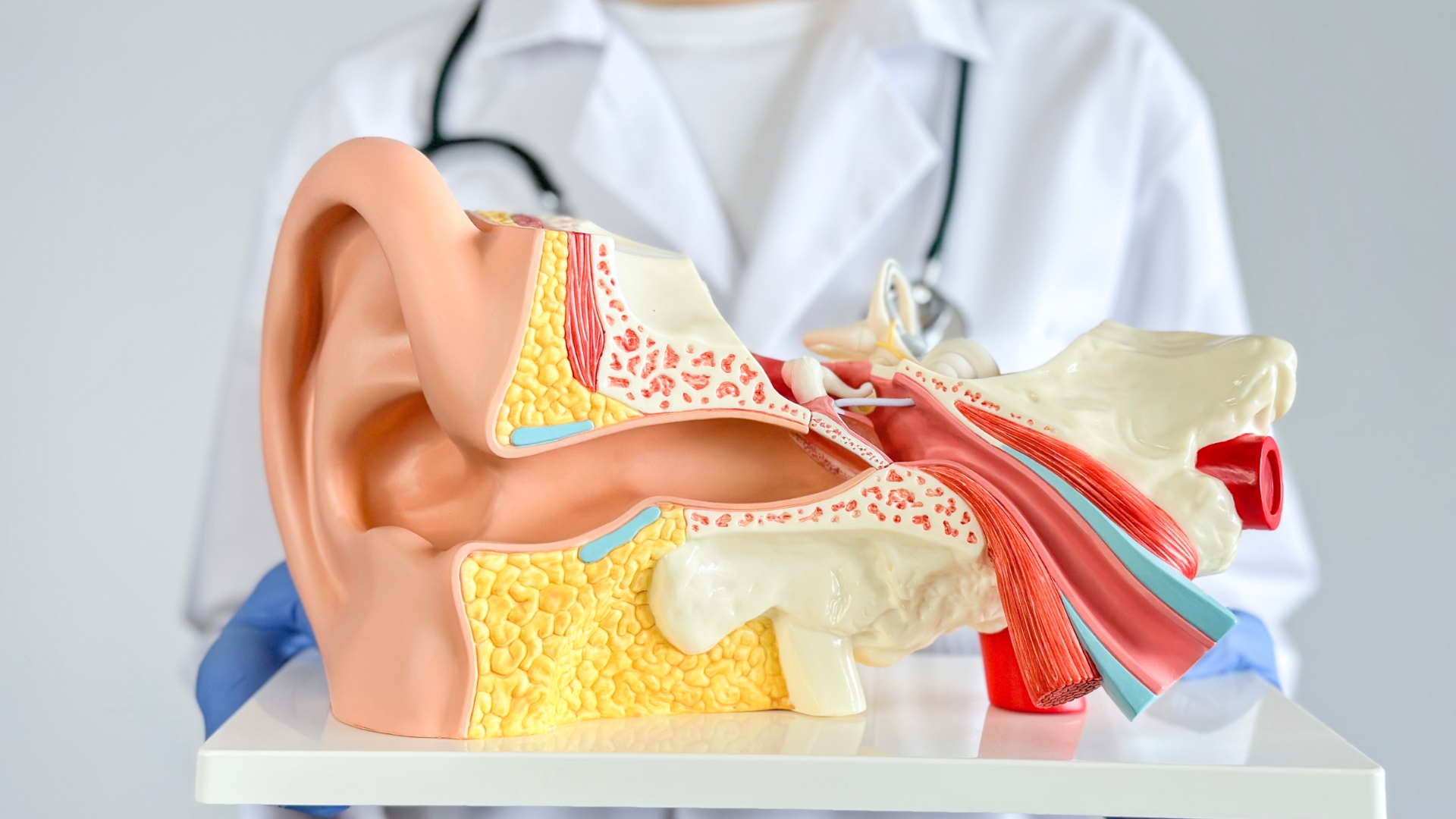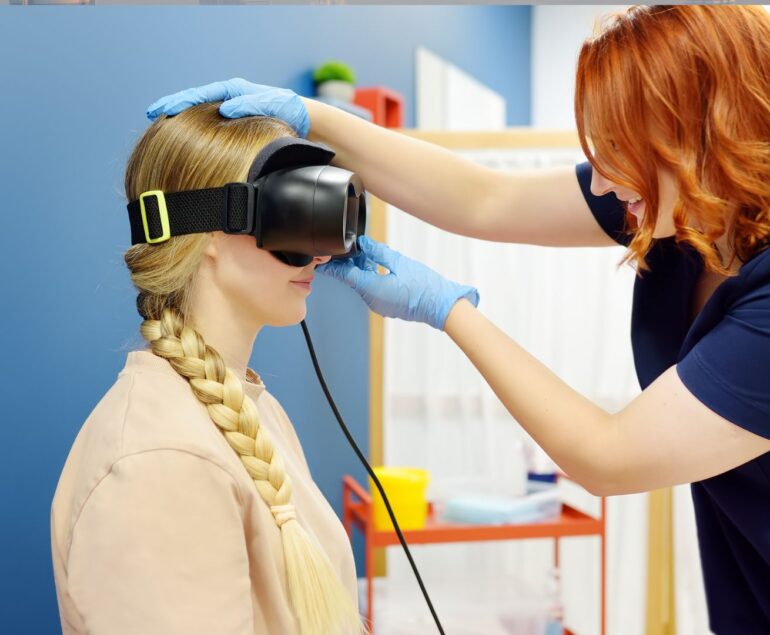When it comes to health issues involving the head and neck, an ENT (ear, nose, and throat) doctor, also known as an otolaryngologist, is the specialist you need. ENTs are trained to diagnose and treat a wide range of conditions related to the ear, nose, throat, and other related structures of the head and neck, excluding dental parts. They use both medical and surgical methods to provide comprehensive care. In this blog post, we’ll explore what an ENT does, the conditions they treat, and how they can help with specific issues like thyroid eye disease.
What Does an ENT Treat?
ENTs handle various conditions affecting the head and neck, including but not limited to:
- Cancer:
- ENTs treat cancers of the head and neck, including the throat, larynx, nose, sinuses, and mouth.
- Injuries:
- They manage trauma to the head and neck, such as deep cuts, burns, and fractures.
- Infectious Diseases:
- ENTs diagnose and treat infections in the ear, nose, throat, and related areas.
- Ear Disorders:
- Conditions like hearing loss, tinnitus (ringing in the ears), ear infections, and balance disorders fall under their expertise.
- Nose Disorders:
- They address issues like allergies, sinusitis, nasal polyps, and deviated septums.
- Throat Disorders:
- ENTs treat tonsillitis, adenoid infections, throat cancers, and swallowing difficulties.
How Can an ENT Help with Thyroid Eye Disease?
Thyroid eye disease (TED) is a condition where the eyes are affected by a thyroid disorder, such as Graves’ disease. This can lead to symptoms like bulging eyes, double vision, pain, redness, and swelling. While it might seem that an eye specialist (ophthalmologist) would be the primary doctor to see for TED, ENT doctors play a crucial role in managing the condition, particularly when surgical intervention is needed.
Here’s how an ENT can help with thyroid eye disease:
- Assessment and Diagnosis:
- ENTs can work alongside endocrinologists and ophthalmologists to provide a comprehensive assessment of TED. They evaluate how the condition is affecting the structures around the eyes and the sinuses.
- Surgical Intervention:
- In severe cases of TED, surgery might be necessary to relieve pressure on the eyes or to correct vision problems. ENT surgeons are skilled in performing orbital decompression surgery, which involves removing bone and sometimes fat from behind the eye to allow more space for the eye and to reduce bulging.
- Managing Complications:
- TED can sometimes cause issues with the nasal passages and sinuses. ENTs can treat any related nasal and sinus problems, ensuring that the patient’s breathing and sinus drainage are not compromised.
- Collaborative Care:
- Treating TED often requires a multi-disciplinary approach. ENTs collaborate with other specialists to provide holistic care, addressing all aspects of the patient’s condition.
Conclusion
ENT doctors are vital specialists in the medical field, providing expert care for a wide range of conditions related to the ear, nose, throat, and head and neck. From treating common issues like ear infections and sinusitis to performing complex surgeries for cancer or thyroid eye disease, ENTs are equipped with the knowledge and skills to improve patient outcomes significantly. If you have any concerns related to the areas they cover, don’t hesitate to seek their expert advice and treatment.
By understanding the role of an ENT and the breadth of conditions they treat, you can make informed decisions about your healthcare and seek the right specialist for your needs.



